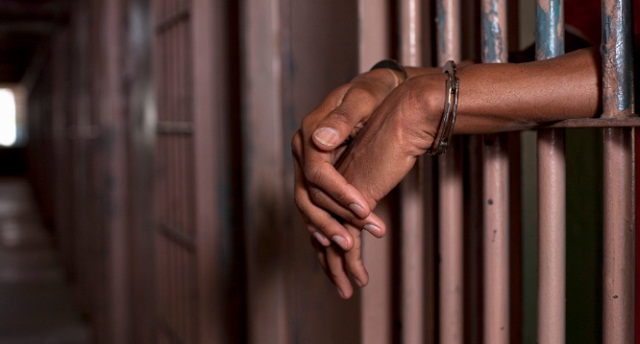
Ziguinchor, Senegal | AFP | Senegalese police said Sunday they have arrested 22 people suspected of involvement in a January 6 massacre of 14 young men in the troubled region of Casamance.
The arrests were the first in connection with the killings in a region separated from the rest of Senegal by The Gambia, and which has been the target of an independence campaign for more than 35 years.
“Ongoing investigations have opened up useful lines of enquiry leading to the arrest thus far of 22 people, all of Senegalese nationality,” a police statement said.
A rebel movement in the area has blamed the massacre on a feud in the illegal teak logging industry, ending a period of relative calm in Casamance.
Around 20 men were collecting wood in the protected forest of Bayottes, close to the regional capital of Ziguinchor when a 15- to 20-strong armed group attacked them.
The government says 10 were shot dead, two were stabbed to death and one was burned. Half a dozen more were wounded. Days later a 14th body was found.
Four of the victims of the killings in the village of Toubacouta were members of a local forestry surveillance committee, the APS news agency reported, quoting a witness.
The victims were looking for firewood, according to friends who escaped and their families. However, several sources told AFP they were potentially involved in the illegal logging trade in a region with plentiful rosewood and teak, both highly prized in China.
One resident told AFP Sunday he and 15 others, including a woman, had been detained by troops in the early hours in Toubacouta. “They combed the village,” said the man, who would not give his name.
A local youth association head, Abdou Sane, was quoted by APS as saying that “19 young men and a woman were arrested this morning by police. They are being held at Ziguinchor police station.”
Army chief of staff General Cheikh Gueye meanwhile said his troops had “yet to finger anyone”, but added: “We are in no hurry.”
Justice Minister Ismaila Madior Fall on January 9 said authorities would crackdown on illegal logging in a region which, until the massacre, had enjoyed a period of relative calm since Senegal’s President Macky Sall took office in 2012.
 The Independent Uganda: You get the Truth we Pay the Price
The Independent Uganda: You get the Truth we Pay the Price



